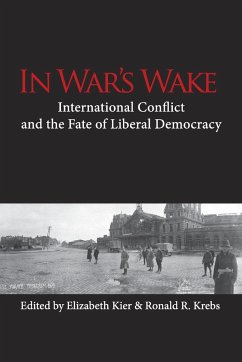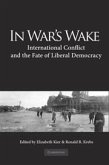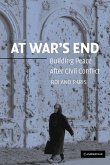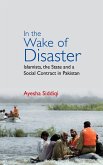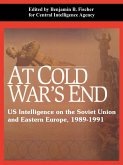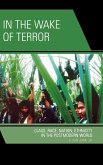This volume brings together distinguished historians, sociologists, and political scientists to examine the impact of war on liberal democracy. It is unique in its interdisciplinary orientation, its range of methodological approaches, and its comparative scope. The result is a landmark contribution on a timeless and timely question.
War has diverse and seemingly contradictory effects on liberal democratic institutions and processes. It has led democracies to abandon their principles, expanding executive authority and restricting civil liberties, but it has also prompted the development of representative parliamentary institutions. It has undercut socioeconomic reform, but it has also laid the basis for the modern welfare state. This landmark volume brings together distinguished political scientists, historians, and sociologists to explore the impact of war on liberal democracy - a subject far less studied than the causes of war but hardly less important. Three questions drive the analysis: How does war shape the transition to and durability of democracy? How does war influence democratic contestation? How does war transform democratic participation? Employing a wide range of methods, this volume assesses what follows in the wake of war.
Hinweis: Dieser Artikel kann nur an eine deutsche Lieferadresse ausgeliefert werden.
War has diverse and seemingly contradictory effects on liberal democratic institutions and processes. It has led democracies to abandon their principles, expanding executive authority and restricting civil liberties, but it has also prompted the development of representative parliamentary institutions. It has undercut socioeconomic reform, but it has also laid the basis for the modern welfare state. This landmark volume brings together distinguished political scientists, historians, and sociologists to explore the impact of war on liberal democracy - a subject far less studied than the causes of war but hardly less important. Three questions drive the analysis: How does war shape the transition to and durability of democracy? How does war influence democratic contestation? How does war transform democratic participation? Employing a wide range of methods, this volume assesses what follows in the wake of war.
Hinweis: Dieser Artikel kann nur an eine deutsche Lieferadresse ausgeliefert werden.
"War, Otto Hintze argued in a classic essay, builds strong autocratic states. Democracies, we are told by Harold Lasswell and others, have a hard time maintaining their open political systems during wartime. But this fascinating collection of essays suggests that the relationship between war and democracy is much more complex than these classic works propose. Depending upon the process of mobilization for war, democracy can either thrive or wither. This book revisits classic themes at a time when many of us worry about the future of American democracy in the face of the long-war on terror."
- Michael C. Desch, University of Notre Dame
- Michael C. Desch, University of Notre Dame

